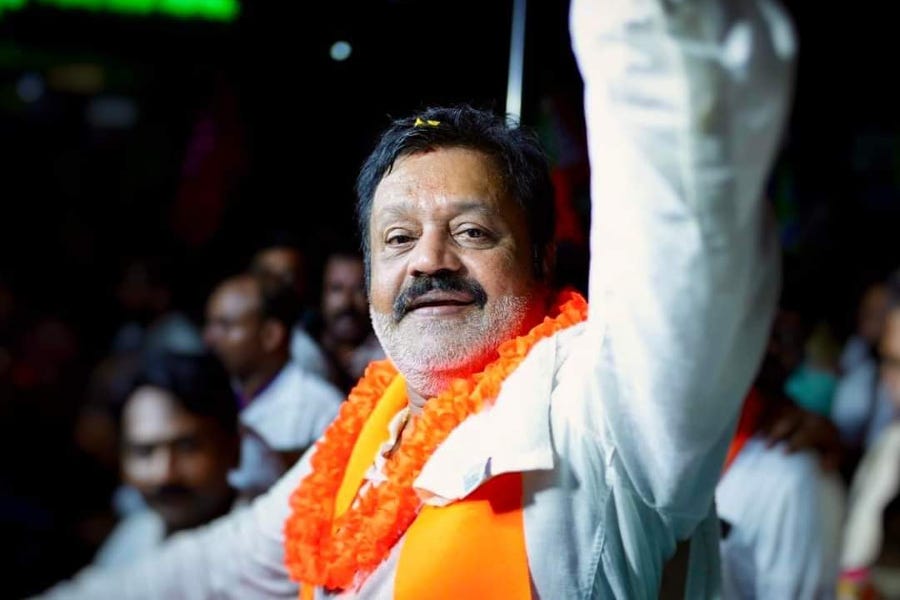After Christian outreach, India’s Hindu nationalist party wins first seat in Kerala region
An actor turned politician has made history in the southern Indian state.
The Hindu nationalist Bharatiya Janata Party (BJP) gained its first member of parliament in the southern Indian state of Kerala Tuesday, following a campaign to win over Christian voters.
Suresh Gopi, an actor turned politician, was declared the winner June 4 in the Thrissur c…

